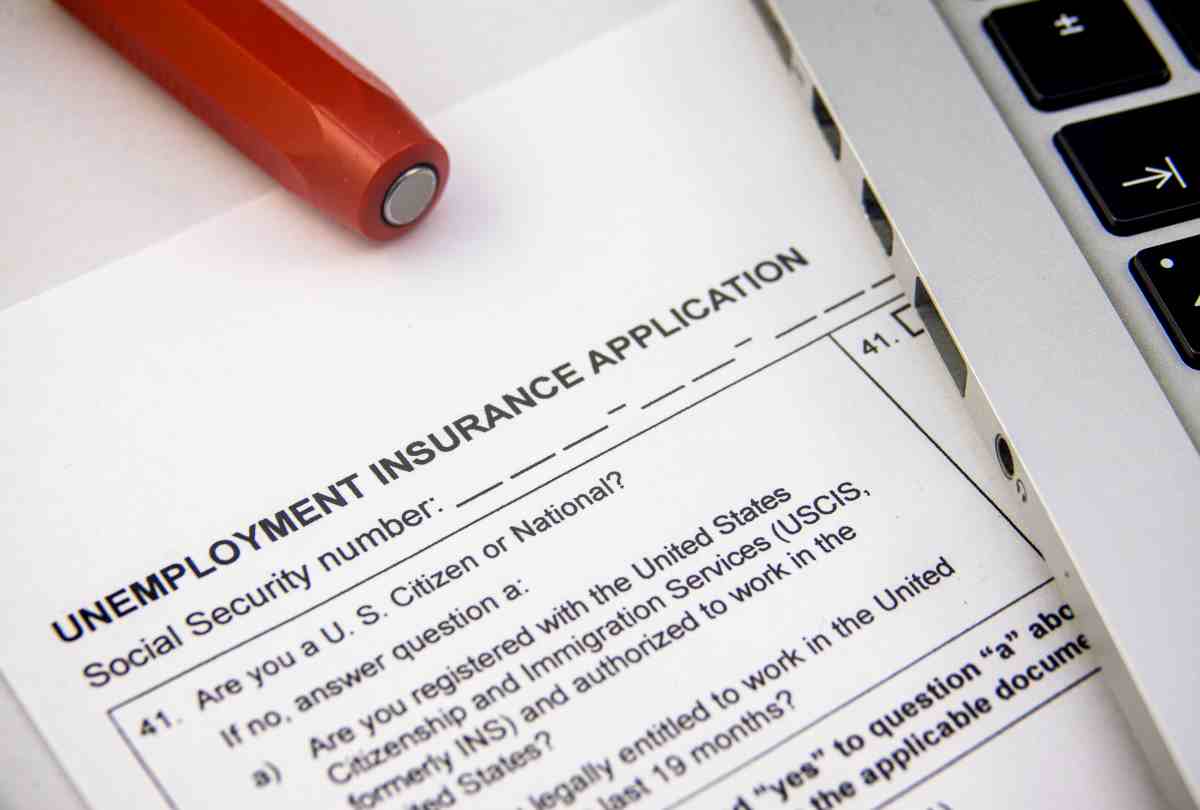
What is Unemployment Insurance?
Unemployment Insurance (UI) is a joint state and federal program that provides cash benefits to eligible workers. Each state has a separate UI program, but all states follow the same guidelines established by federal law.
Unemployment insurance payments (benefits) provide temporary financial assistance to unemployed workers who are unemployed through no fault of their own. Each state sets its own requirements for eligibility, benefit amounts, and length of time benefits can be received.
Generally, benefits are based on a percentage of your earnings over a recent 52-week period, and each state sets a maximum amount. Benefits are subject to federal, and most state, income taxes and must be reported on your income tax return. You may choose to have the tax withheld from your payment.
Am I eligible for Unemployment Insurance?
Each state sets its own eligibility guidelines for UI benefits, but you usually are eligible if you:
- Are unemployed through no fault of your own. In most states, this means you must have separated from your last job due to a lack of available work.
- Meet work and wage requirements. You must meet your state’s requirements for wages earned or time worked, referred to as a “base period.” In most states, this is usually the first four out of the last five calendar quarters prior to the time that your claim is filed.
- Meet any additional state requirements. Find details of your own state’s program with the Unemployment Insurance Service Locator.
How do I apply for Unemployment Insurance?
To get UI benefits, you need to file a claim with the UI program in the state where you worked.
- Contact your state’s UI program as soon as possible after becoming unemployed and check with them to see if you should file a claim in person, by telephone, or online.
- Generally, you should file your claim with the state where you worked. If you worked in a state other than the one that you live in currently, or if you worked in multiple states, the state UI agency where you now live can provide information about how to file your claim with other states.
- When you file a claim, you will be asked for information, like addresses and dates of your former employment. To make sure your claim is not delayed, give complete and correct information.
- It generally takes two to three weeks after you file your claim to get your first benefit check. However, some states require a one-week waiting period meaning that you would not get your first payment until the second week of your unemployment claim.
Staying Eligible for Unemployment Insurance
Generally, states require the following to maintain weekly eligibility:
- File weekly or biweekly claims, usually by mail or phone.
- Be able to work, available to work, and actively look for work each week you claim benefits.
- Report any earnings from work you had during the week(s). States have different rules for how much money you can earn while getting benefits.
- Report any job offers or job offers you decline during the week.
- If requested, report to your local UI claims office or American Job Center on the scheduled day and time. Benefits may be denied for those who do not attend. Some states require registration for work with the State Employment Service, so it can help you find employment.
- Meet any other state eligibility requirements.
If you are disqualified or denied benefits, you have the right to file an appeal. Your employer may also appeal a determination if they do not agree with the state’s determination about your eligibility. You must file your appeal within an established time frame.
Source: benefits.gov

